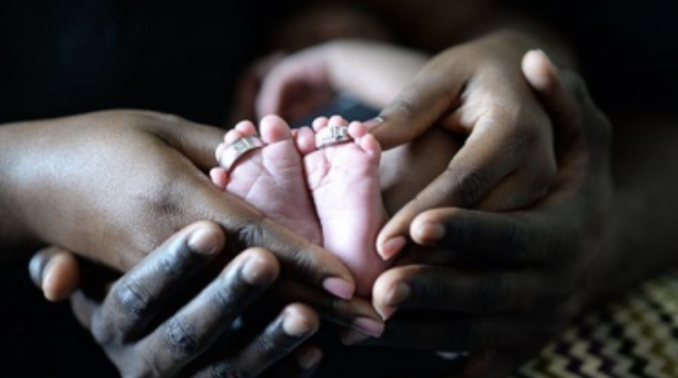
The technical secretary of the “All a life” plan, Erwin Ronquillo, confirmed, through a meeting in the city of Cuenca, that 16% of Ecuadorians are not registered at the time of their birth. For the Government, this hinders the work of the initiative “Ecuador grows without child malnutrition.”
In Ecuador, around 726 people are born per day. However, out of 100 newborns, 16 do not have a civil identity, because they do not complete their registration. This fact occurs more frequently in rural areas.
On the other hand, according to a government statement, the pandemic, poverty and de-institutionalized childbirth (which is carried out clandestinely) are causes that prevent the registration of minors.
The problem hinders the activities of the authorities to offer food and health assistance services to children in need. The initiative “Ecuador grows without child malnutrition” fights for children to overcome problems related to their diet, because one out of every two children in rural communities has nutrition problems.
At the same time, the executive created the Intersectoral Committee for the Ecuador Grows without Child Malnutrition Strategy, in order to review actions for the prevention and eradication of malnutrition and the registration of minors. The committee meets every 15 days and is assisted by 221 technical tables that expose the needs of each canton.
Different authorities spoke out regarding the problem:
Erwin Ronquillo mentioned that he will present a project together with the Ministry of Public Health to cover 90% of health care until 2025.
The Minister of Economic and Social Inclusion (MIES), Mae Montaño, mentioned that the problem requires the collaboration of various institutions: “The President and the Government of the Meeting decisively face a problem that requires intersectoral and inter-ministerial coordination and the participation of decentralized governments. , municipal and other instances ”.
The Deputy Minister of Social Inclusion, Susana Santistevan, stressed the importance of registration: “It is very serious, because it is the basis for demanding all the rights they may have.”
In addition, she mentioned that they are coordinating actions with the Civil Registry so that mobile brigades go to rural areas to register children for free.

Be the first to comment